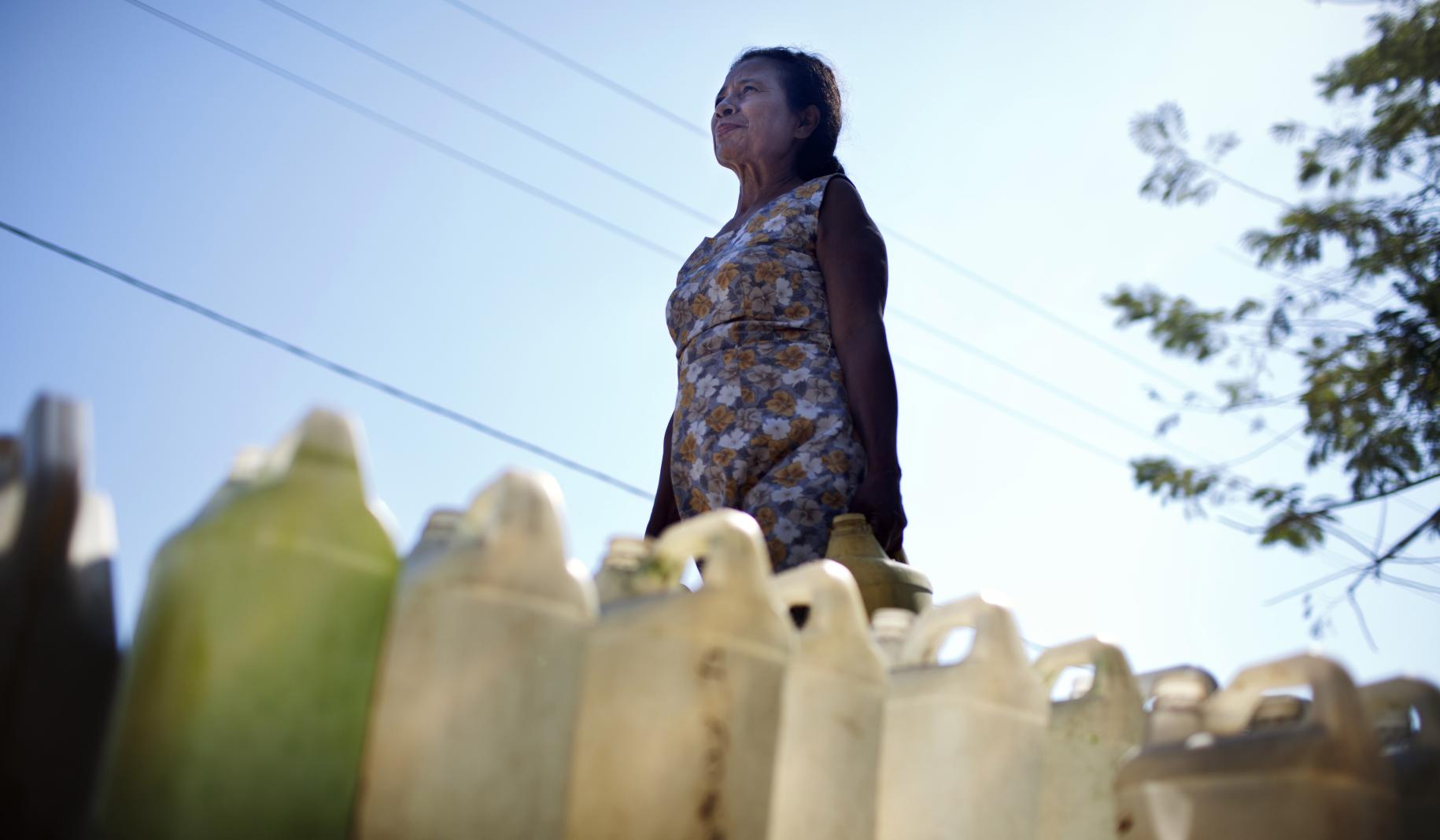Updates from the field #3: Mobilizing against COVID-19
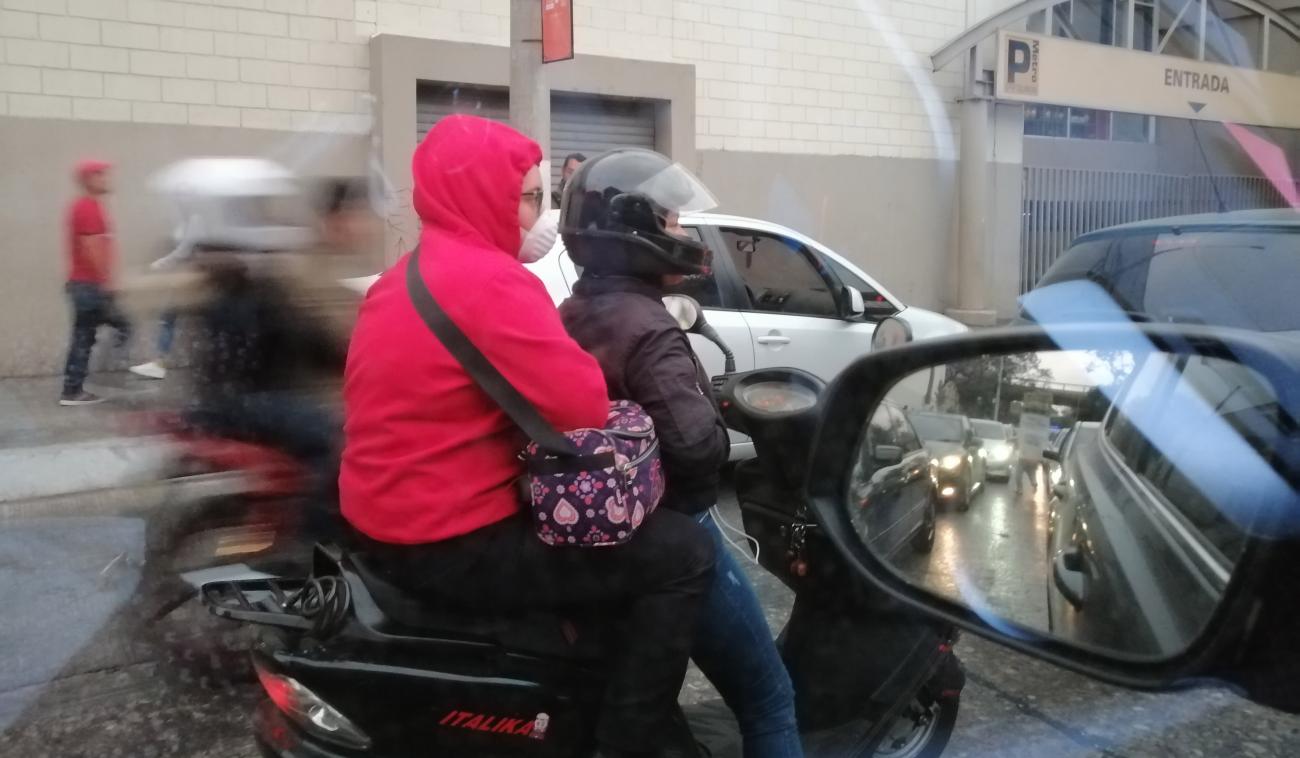
Guatemala
The UN team in Guatemala, led by the Pan-American Health Organization (PAHO)/World Health Organization has supported the Government since mid-January to prepare and address immediate health needs as well as potential social and economic impacts. PAHO has led the technical assistance on systematic collection, analysis and dissemination of health data for the planning, implementation and evaluation of public health programmes and containment measures. PAHO has also provided COVID-19 detection samples, in line with the International Health Regulations.
As soon as the first cases were diagnosed, the Humanitarian Country Team Cluster was activated under the leadership of the Resident Coordinator, working closely with the National Disaster Recovery Advisor. The UN team worked with the government to prepare a needs-based analysis, covering various sectors, including health, water and sanitation, education, food security and nutrition.
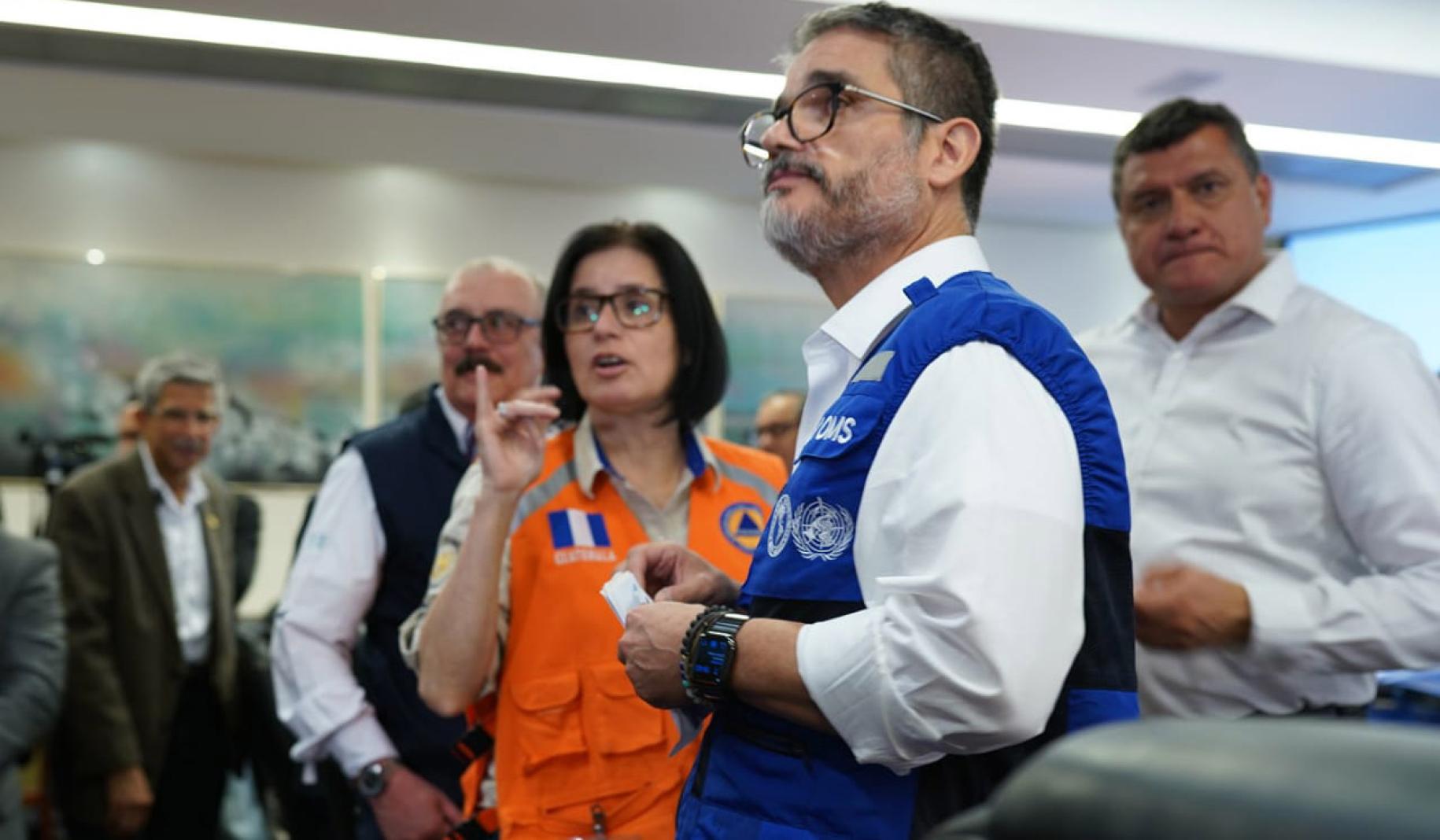
A key area of the UN team’s support is also to prevent and address violence against women and girls, which is especially essential as citizens are asked to stay home. Central America has one of the highest rates of femicide in the world, with violence occurring mostly at home, by an intimate partner.
The Government activated the National Disaster Response System, requesting support from international cooperation partners. The UN team has also partnered with the Government in its National Programme for Emergency and Economic Recovery, which responds to the crisis, while laying out a road map to contain it, with measures to reactivate the economy. The UN and Government teams continue their work to identify further areas of support as part of the response plan. The objective is to minimize social and economic setbacks and continue to focus on achieving the Sustainable Development Goals by 2030.
India
The UN Resident Coordinator in India, Renata Dessallien, welcomed Prime Minister Narendra Modi’s strategy for a nation-wide 21-day lockdown to curtail the spread of the virus.
The UN system in India is fully mobilized and ready to further step up its support to the Government of India to fight COVID-19, said Ms. Dessalien, adding that she believes that, “if we work together, we can overcome one of the greatest health threats of our lifetime.”
UN agencies are working with the Government on preparedness and response measures, disease surveillance, lab and research protocols, risk communications, training on infection prevention and control and cluster containment plan, as well as surveillance and tracking of travellers.
The UN in India remains active and is determined to deliver for the people they serve, especially the most vulnerable and disadvantaged, who may be among the hardest hit.
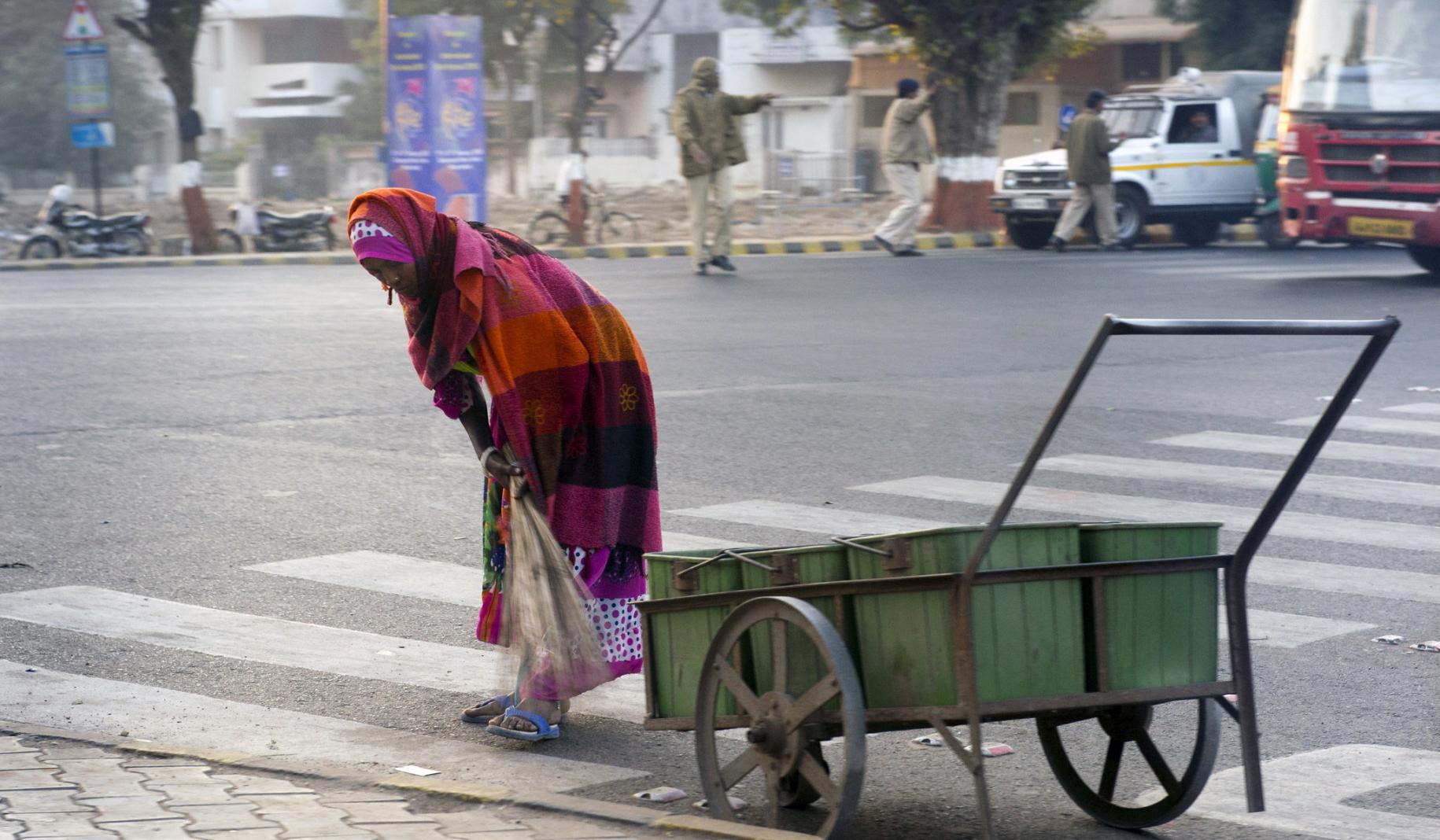
Libya
The U.N. is very worried by the confirmation of the first COVID-19 case in the country. The health and safety of all people in Libya, including 345,000 of the most vulnerable, is at risk. A possible outbreak could overwhelm the already stretched humanitarian aid capacity.
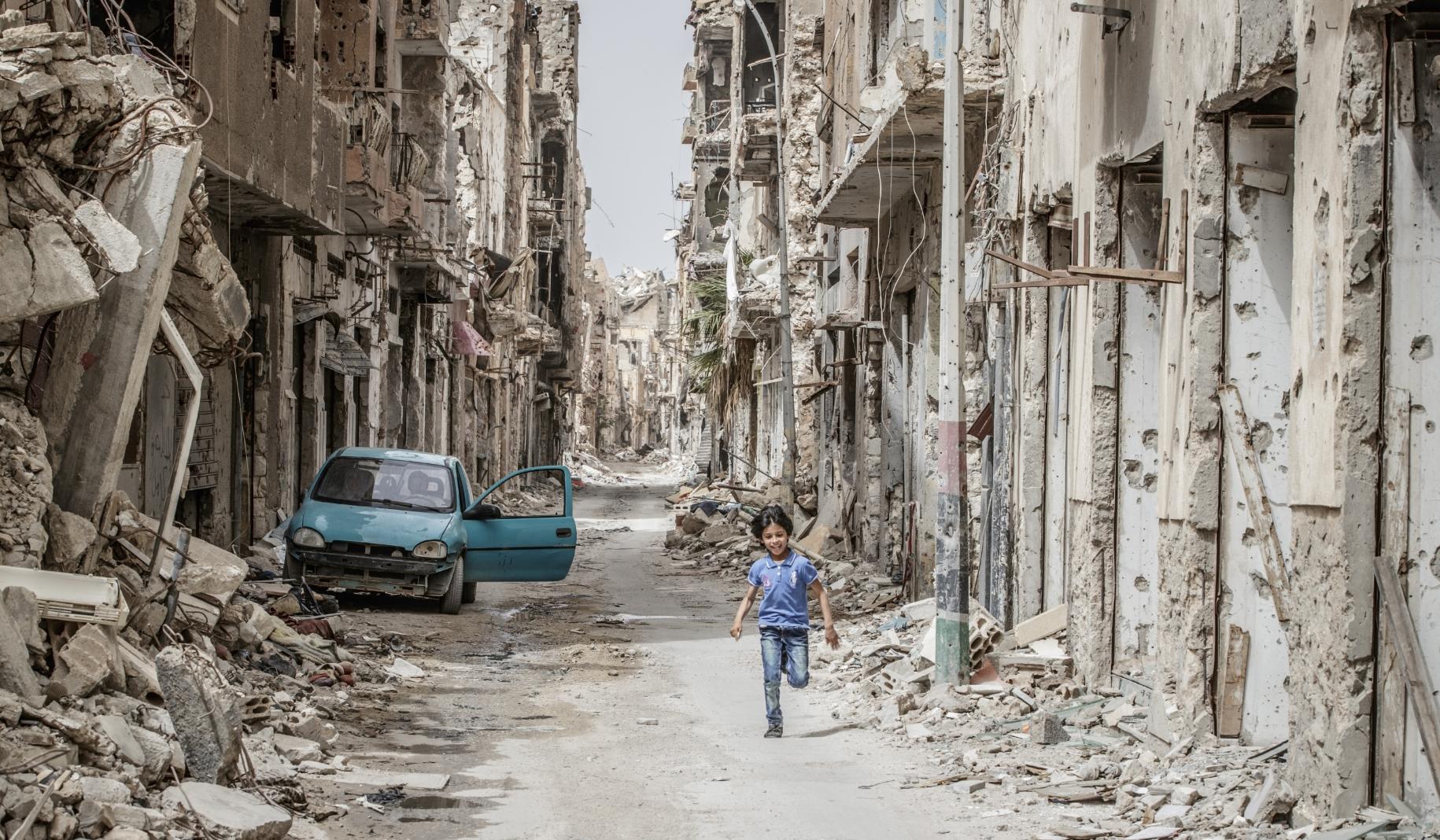
The United Nations is supporting Libyan authorities in COVID-19 preparedness and response efforts, but funding is urgently required so that the national and UN health sector’s response plans can be implemented.
Sustaining funding for the Libya Humanitarian Response Plan for the COVID-19 pandemic is critical to ensure that existing vulnerabilities are not exacerbated and life-saving needs are addressed.
The UN is also alarmed that hostilities have continued in and around Tripoli despite the recently announced humanitarian pause.
South Sudan
In South Sudan, where there are no confirmed cases of COVID-19, according to the World Health Organization, the UN team is working with authorities to mobilize the resources to strengthen the national capacity to prepare to respond to COVID-19, including both immediate health priorities and possible social and economic impacts.
The Office for the Coordination of Humanitarian Affairs (OCHA) and WHO are helping with national and local coordination, planning and monitoring, while UNICEF is working on infection prevention, control, risk communication, and community engagement.
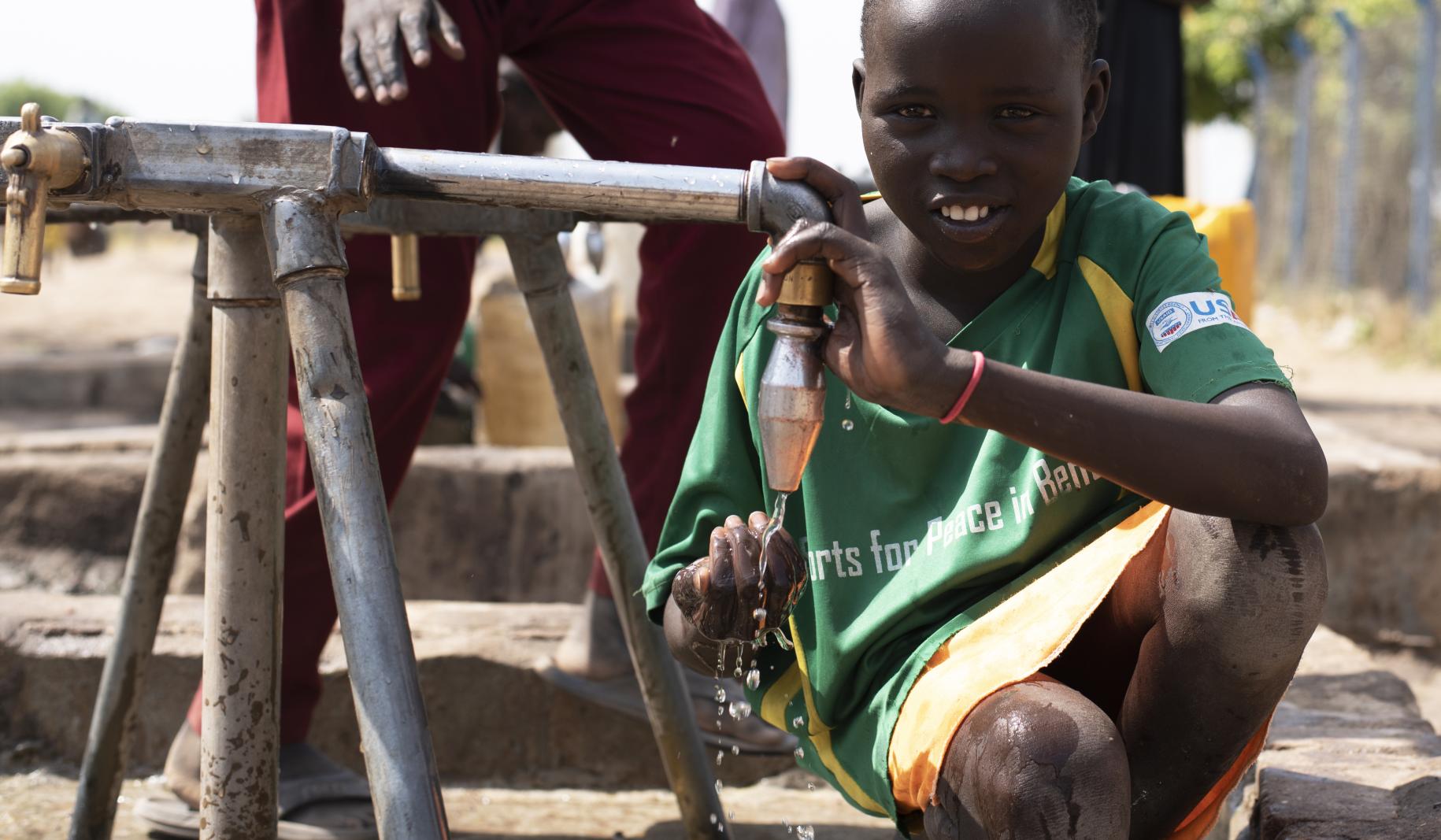
WHO teams are also helping governments with surveillance, rapid response capacity, and case investigation. A laboratory with capacity to test COVID-19 has just been set up. The UN has also supported the construction of a multi-purpose infectious disease unit to isolate and treat suspected cases.
For its part, the International Organization for Migration (IOM) is also helping the Government screen people entering the country, including the installation of a thermal scanner at Juba International Airport, World Food Programme (WFP) and WHO are also supporting with logistics.
Syria
The U.N. is deeply concerned about the potential impact of the virus on millions of people across Syria, and particularly the over 900,000 people who remain displaced due to hostilities since December 1st in the country’s north-west.
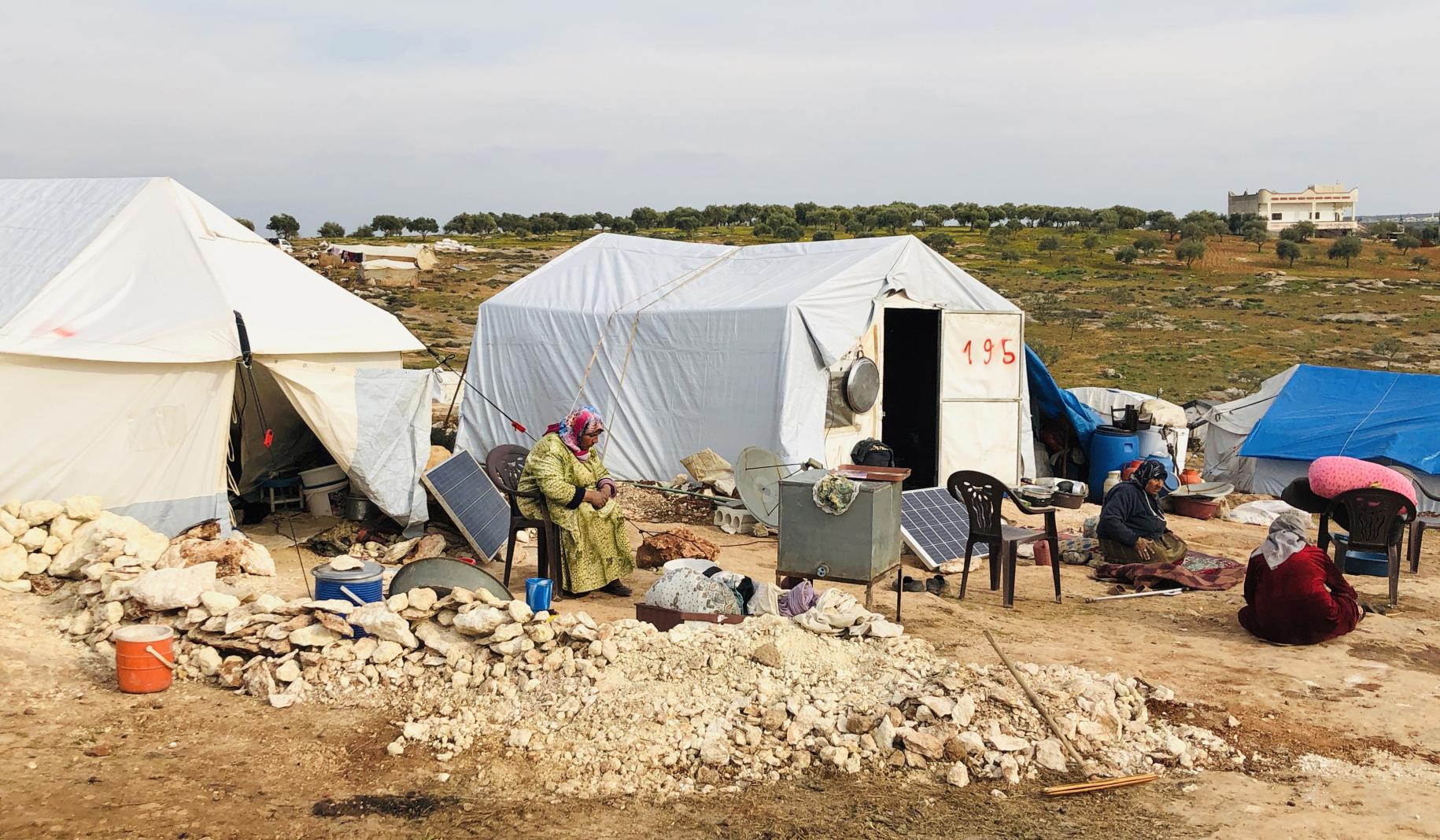
According to the World Health Organization (WHO), the displaced live in conditions that make them particularly vulnerable to respiratory infections. Besides overcrowding, they also face physical and mental stress and deprivation due to a lack of housing, food and clean water. There are currently over six million internally displaced people throughout the country.
WHO is responding across Syria. It is prioritizing prevention, preparedness and risk communication by supporting health responders to detect, diagnose and prevent spread, surveillance of entry-points, provision of protective equipment and training of health workers.
Across the country, efforts are being accelerated to prepare laboratories and isolation wards and to inform the public.
Health facilities and selected intensive care units are being prepared and communities most at risk have been identified. A particular focus has been given to the northwest of the country, where WHO is shipping in additional ventilators and Personal Protective Equipment (PPE) to better cope with the strain on health care.
Timor-Leste
In Timor Leste, the UN country team has been working with the Government to prevent a potential COVID-19 outbreak. There has already been one case confirmed in Timor Leste.
The UN team is holding regular briefings with partners and the Government in order to provide coordinated support.
And is also working with news outlets, civil society organizations, businesses, youth representatives, women leaders and others for a whole-of-society approach to prevention, preparedness, and response to the potential outbreak.
